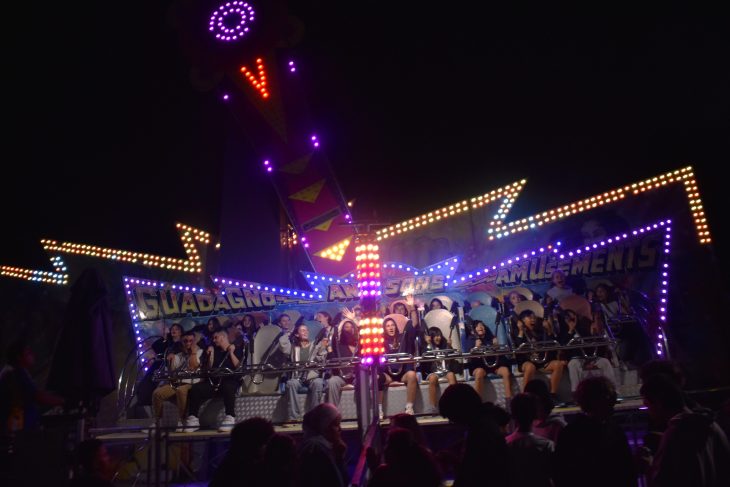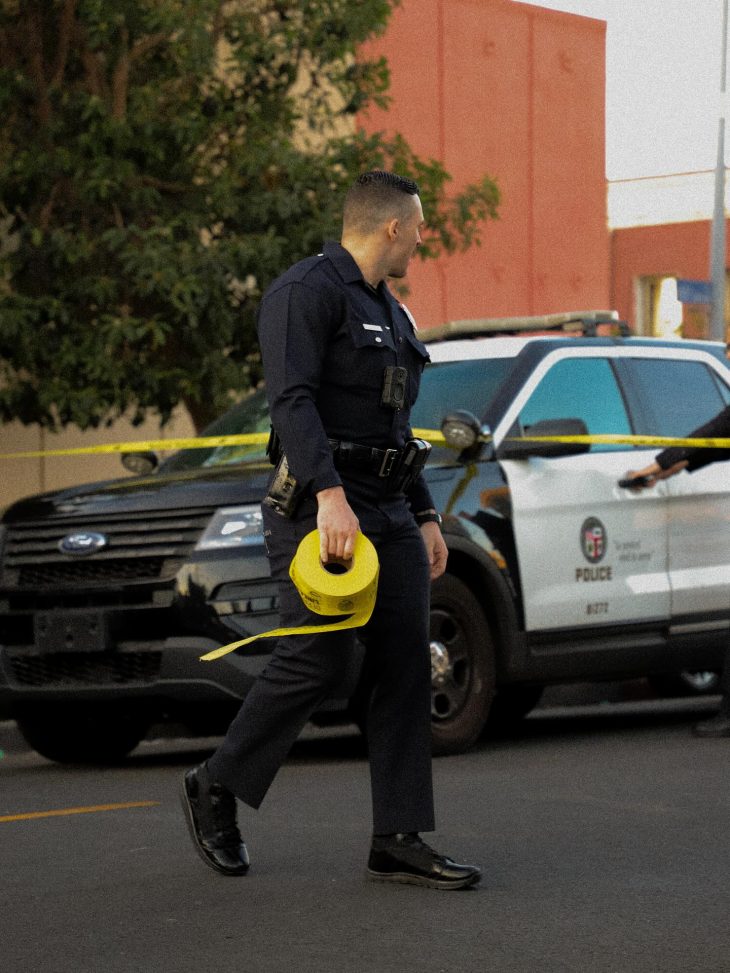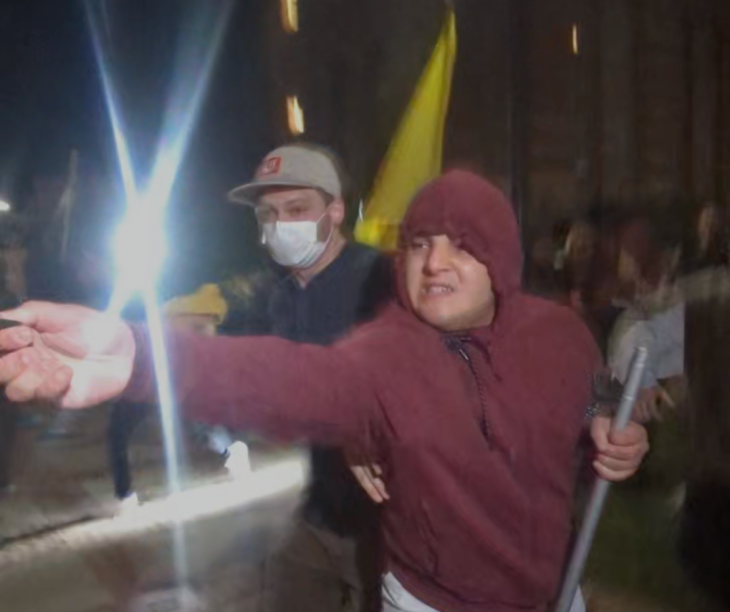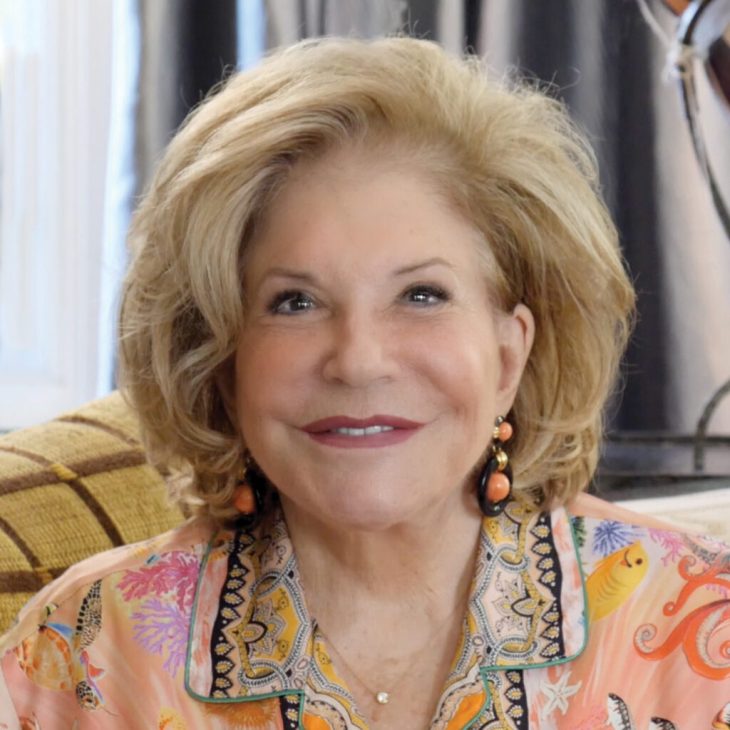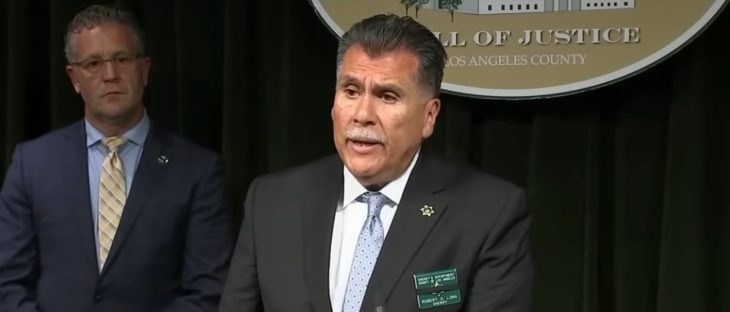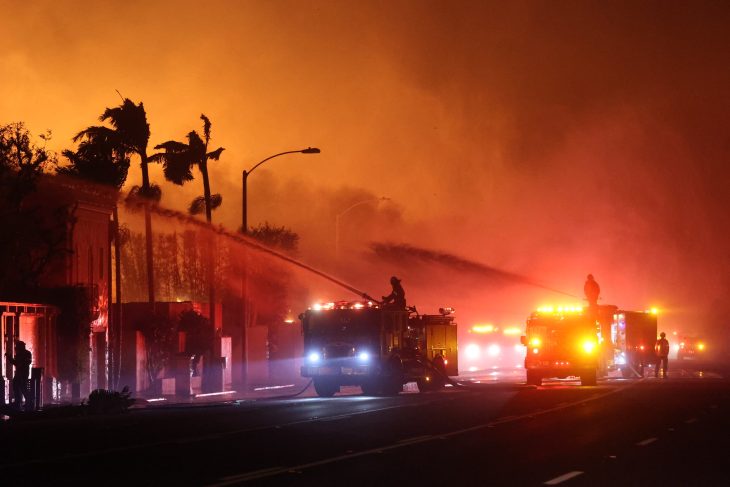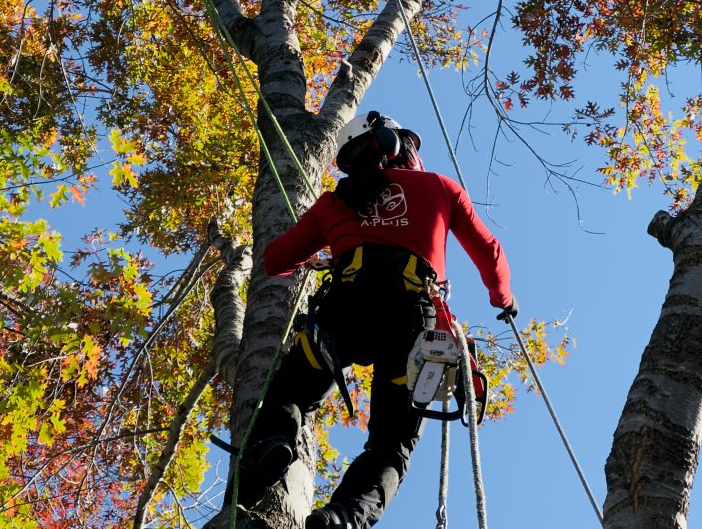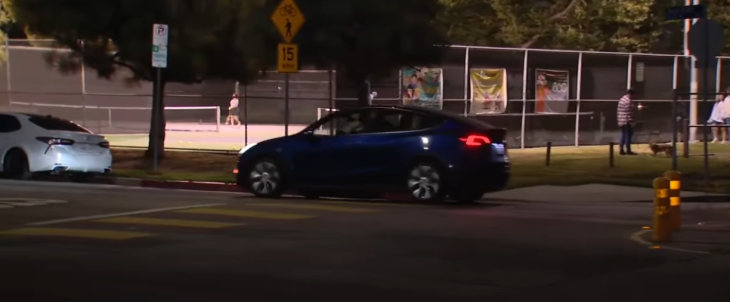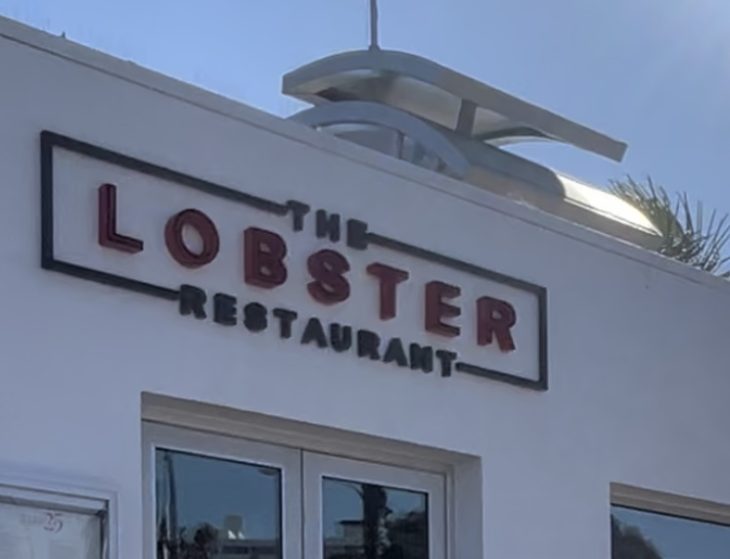By Beverly Cohn
Joshua Z. Weinstein is a documentary filmmaker and cinematographer for over a decade with 20 shorts and features under his belt including, “Elaine Stritch: Shoot One Engine.” “Menashe” is his first narrative fiction feature and is loosely based on the real life experience of Menashe Lustig, a devout member of the Hasidic community, and the lead character in this poignant film. The story begins with the death of his wife Lea and his valiant struggle to maintain custody of his son Rieven. Under the community’s strict laws, a child must be raised by both parents, so the elders have ruled that his son must be turned over to Menashe’s married brother-in-law. Menashe’s Rabbi decides to grant him one week to spend with Rieven prior to Lea’s memorial. Their time together creates sweet moments of father-son bonding as well as giving him a final chance to prove to his skeptical community that he can be a capable parent.
What makes this film particularly compelling is not only the fascinating story line, but the fact that, lifting the veil of secrecy, it was shot in the non-secular community in Brooklyn’s Borough Park, so that we get a peek into this private Orthodox world. Weinstein’s gift as both a director and a cinematographer accounts for the stunning performances from his cast of non-actors, and the highly textured look of the film. One of the only movies performed in Yiddish in nearly 70 years, what unfolds is a deeply moving portrait of family, love, connection, and community. This is a movie for all denominations as it is a life-affirming story about the universal struggles inherent in the human condition and the challenges placed upon us when we are not in control of our own destiny.
Weinstein recently sat down with Westside Today for an exclusive interview and the following has been edited for content and continuity for print purposes.

What attracted you to tell a story about that private world?
Joshua: As a documentary filmmaker, I’ve been just about to every borough and neighborhood in New York doing camera work. New York is really interesting because behind every street there’s a story that hasn’t been told before. I’ve always been fascinated by Hasidic Jews and there has never really been a film made that shows authentically what that life is like. Anytime Hollywood has tried, it’s laughable in its “authenticity.” People are speaking English, the hair is wrong, the way they observe is wrong. They just throw in a Yiddish word every ten words that are already part of the English language. It just felt like this community deserved more than that and somehow I was lucky enough to maybe have the tools to tell the story.
How close is the script to Menashe’s real story?
Joshua: Menashe is really a widower and does not have custody of his son. Everything else is fictional. We did use his actual apartment. (He laughs.) I took a lot of photos and replicated it for the film. He inspired a lot of the script, but at the same time, there was never a memorial meal. There was never a special week.
There never was a brother-in-law. It was truncated. But it’s not a documentary. It’s a film that depicts something that hopefully we can relate to and understand.
How did being a documentary filmmaker inform moving into the narrative?
Joshua: For me, cinema is not about plot – it’s about those moments that transcend us and make us want to understand a community. I was always more interested in 10,000 Orthodox people coming to dance and sing around a bonfire to celebrate the Jewish holiday of Lad-BaOmer or I was interested in what it’s like for a man to spiritually wash himself in the mikgvah,* or how a portrait of a rabbi can keep mice away from your house. These are the moments that I wanted to make in the movie because I learned from them and hope that the viewers will learn from them too.
Did you change your appearance in any way so that you didn’t stand out?
Joshua: I already had a beard. I just wore a yarmulke sometimes and a white shirt. But, people knew right away that I wasn’t part of the community when I couldn’t speak the language and didn’t know a lot about Judaism. But I did everything possible to try to fit in and get people to open up and be involved in the movie.
You were introduced to Menashe through Lipa Schmeltzer known as “The Hasidic Lady Gaga.” Do tell me about that.
Joshua: Danny Finkelman is one of the producers of the film. He’s Lubovitch, which is part of the Chabad movement. He directs and produces Lipa Schmeltzer music videos. They’re like these late 1990s MTV pop videos with bright lights, big costumes, but no women dancers. It’s just men dancing and singing. It was eye opening for me. I had never seen real Hasidic Jews in any videos before, so I spoke to Danny and he helped me get access. He wanted Lipa to star in the movie and that’s how I met Menashe who is Lipa’s brother-in-law. They were doing this commercial for a health-care provider. I was blown away by Menashe, this Charlie Chaplinesque sad clown and just knew that he could hold the movie together.
Was there anything that you felt uncomfortable witnessing in the community?
Joshua: I call what I’m doing emotional ethnography. You try not to be judgmental of what you don’t understand and try to understand it from their perspective. So this film is a humanization of the community and it’s an honest portrayal. It’s not a whitewashing. We see many things that happen in this community that as outsiders we can’t condone. But at the same time I think it’s worth trying to understand what is foreign to us. This film is about trying to understand this community.
Were you concerned that this film would be of no interest to the non-Jewish community and would not generate good box office? Also, what are some of the films that influenced you as a filmmaker?
Joshua: (Laughs) No one makes a Yiddish film with non-actors because they’re trying to make money. This is not a Jewish movie – it’s a movie about Jews. My references for this movie are some of the greatest movies in cinema history such as, “The Bicycle Thieves,” “The Apu Trilogy,” and “A Woman Under the Influence.” I was just synthesizing everything I love in cinema and tried to put it in my own voice.
What kind of reaction of you getting?
Joshua: The secular world immediately embraced the film, way before the Jewish world did.
Did Jews help finance the film?
Joshua: I thought it was going to be easy to raise money. It was almost impossible, as Jews did not want to fund this movie. I understand that many affluent Jewish people do not like the Hasidic community for a variety of reasons and choose to fund Israel, Israel Defense Fund, or any Jewish related organizations in which they believe.
During the rehearsal process, you rehearsed in English, but filmed in Yiddish, which has a variety of dialects. Was that a challenge?
Joshua: Yes. Everyone spoke different dialects. We had incredible translators on set who helped us get through this. They understood my voice and also understood the actors. They tried to make sure that my voice was as close to what the actors’ voices were. Whenever there was a disagreement, it became Talmudic** and people would argue and argue and argue. We could waste a half hour about a single word.
It definitely created a host of time-sucking difficulties.
Some of these non-actors had never seen a film. How did they react to the camera?
Joshua: It was hysterical. They would give me advice on where to put the camera. (Laughs) Some people would tell me my lighting was bad. (Laughs) You know that joke about “How many Jews does it take to change a light bulb?” It was kind of like that. But what I loved about the people in this film was that there was this naïveté, which, because they had never acted before, they weren’t shameful of the camera. They could just do things that many non-actors or even actors would never do. It was about being ready to capture those moments. Professional actors could repeat the same lines over and over again and they could find their marks, but these actors couldn’t. You had to be prepared for their slip-ups or their mistakes with some of their mistakes being the best part of the movie.
How did you set up the scenes?
Joshua: It wasn’t all that different. You just had to be slower. Maybe I would be more direct with them. I would give them more directions – like stand here, look to the right, don’t emote. (Laughs) Sometimes you had to be very specific about what you wanted and then pray.
Did you get any obstacles from the elders or the rabbis?
Joshua: Of course we did. Originally, one of the characters was suppose to be a father-in-law, but two weeks before filming, the “actor” got cold feet. I suspect he was pressured to drop out. Then we had a different brother-in-law “actor,” who we loved, but someone also pressured him and he decided that he couldn’t be in the movie. Menashe had many people tell him that he shouldn’t be in this movie. Danny also had people call him to say that he should not be involved because it would be a blight on the community. We would also lose locations. Other days, we’d be shooting on the street and would have crowds watching the shoot. Kids, adults, women, and old people – they would laugh. They would see Menashe walking down the street and would be so happy to see his acting. As many people who were against it, there were just as many people who were for it. But, it was definitely a split and was definitely difficult. Many people who were happy to talk to us and happy to watch us would never be in the camera because they believe the camera can only create negativity in their lives.
What was the funniest moment?
Joshua: (Laughs) We were shooting one scene after Menashe gets drunk. He’s on the street with his son who he’s trying to get him not to be angry with him. It’s nighttime. We have lights and all the cameras outside and we’re filming this scene where Menashe is pouring his heart out to this son. Out of the blue, this man walks up to him in the middle of the scene with a box. He says: “Menashe, I have this box. Are you going back to Munsie tomorrow? Do you think you can bring it? (Laughter)
Did you keep aspects of your work hidden from the community?
Joshua: We didn’t want the community to know what was going on completely because a lot of them didn’t want this film to happen. We didn’t write about it on Facebook or Twitter and we didn’t do a lot of press. We wanted to keep it as quiet as possible until it was done.
What did you hope to accomplish with this film?
Joshua: The response has been huge. It sounds a bit crass to say that. But I believe the film reaffirms that humanity is the same everywhere –whether you live in Borough Park or a slum in Durbin, South Africa, humanity is not that different. It reaffirms my belief that cinema can bring us closer as humans.
This is a special film and I wish you the best of luck with it.
Joshua: Thank you so much.
*A bath in which certain Jewish ritual purifications are performed.
**Making extremely fine distinctions; overly detailed or subtle; hairsplitting.


